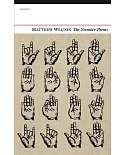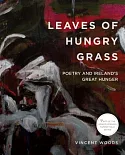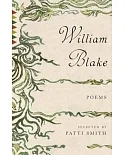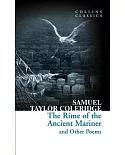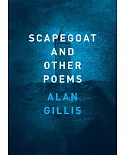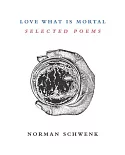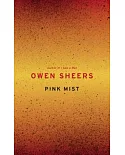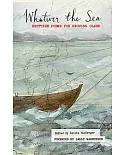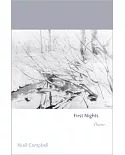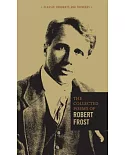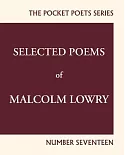It would be impossible to overstate the influence of Geoffrey Chaucer’s The Canterbury Tales. A work with one metaphorical foot planted in the Florentine Renaissance literary tradition
of Boccaccio’s Decameron and the other in works ranging from John Bunyan, Voltaire, and Mark Twain to the popular entertainments of our own time, The Canterbury Tales stands
astride the cultures of Great Britain and America, and much of Europe, like a benign colossus.
Beyond its importance as a cultural touchstone and literary work of unvarnished genius, Chaucer’s unfinished epic poem is also one of the most beloved works in the English language–and for good
reason: It is lively, absorbing, perceptive, and outrageously funny–an undisputed classic that has held a special appeal for generations of readers. Chaucer has gathered twenty-nine of
literature’s most indelible archetypes–from the exalted Knight to the bawdy Wife to the besotted Miller to the humble Plowman–in a vivid group portrait that captures the full spectrum of
late-medieval English society and both informs and expands our discourse on the human condition.
Presented in these pages in a new unabridged translation by the esteemed poet, translator, and scholar Burton Raffel–whose translation of Beowulf has sold more than a million copies–this Modern
Library edition also features an Introduction by the well-known and widely influential medievalist and author John Miles Foley that discusses Chaucer’s work as well as to his life and
times.
Despite the brilliance of Geoffrey Chaucer’s work, the continual evolution of our language has rendered his words unfamiliar to many of us. Burton Raffel’s magnificent new translation brings
Chaucer’s poetry back to life, ensuring that none of the original’s wit, wisdom, or humanity is lost to the modern reader.


